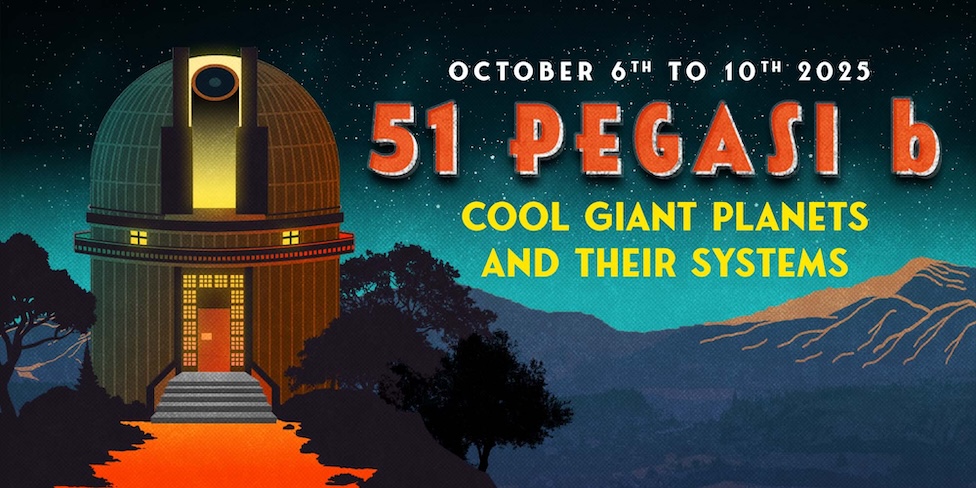Hot- and cold-start planet formation models predict differing luminosities for the young, bright planets that direct imaging surveys are most sensitive to. However, precise mass estimates are required to distinguish between these models observationally. The presence of two directly imaged planets, PDS 70 b and c, in the PDS 70 protoplanetary disk provides us a unique opportunity for dynamical mass measurements, since the masses for these planets are currently poorly constrained. Fitting orbital parameters to new astrometry of these planets, taken with VLTI/GRAVITY in the K-band, we are able to tighten their dynamical mass estimates. Using these new mass estimates we are able to rule out the coldest-start formation models for both planets, placing PDS 70 b and c on the growing list of directly-imaged planets inconsistent with cold-start formation.

|
|
|
Contributions > By speaker > Trevascus DavidDifferentiating hot- and cold-start formation with new dynamical masses for the PDS 70 protoplanets
1 : Max Planck Institute for Astronomy
|
 PDF version
PDF version
